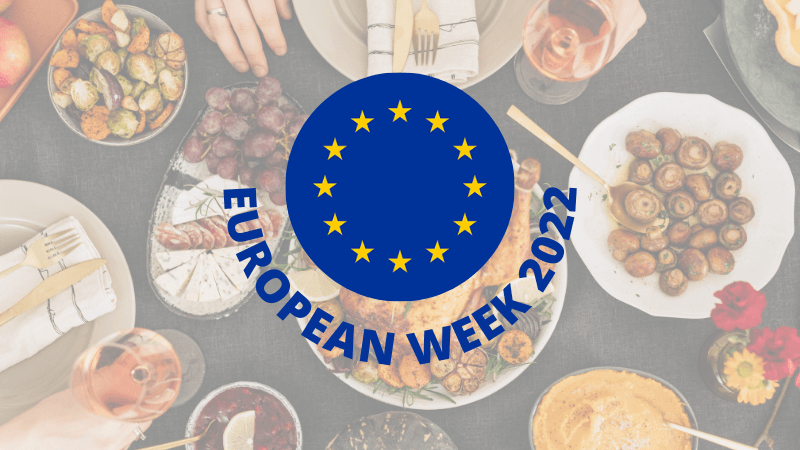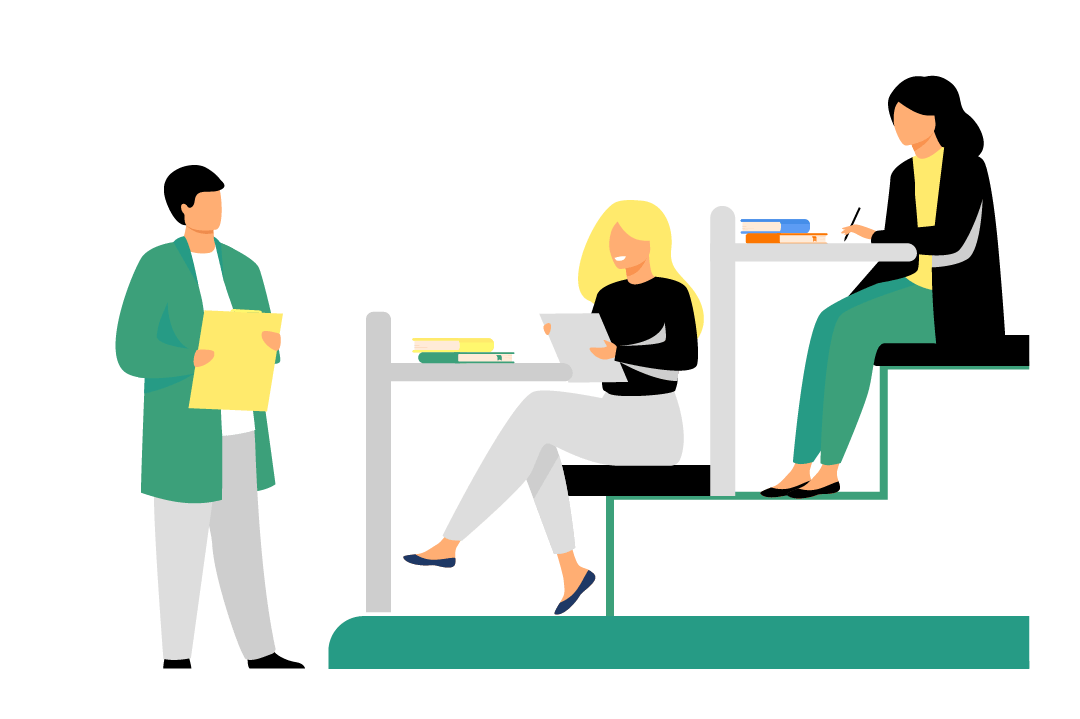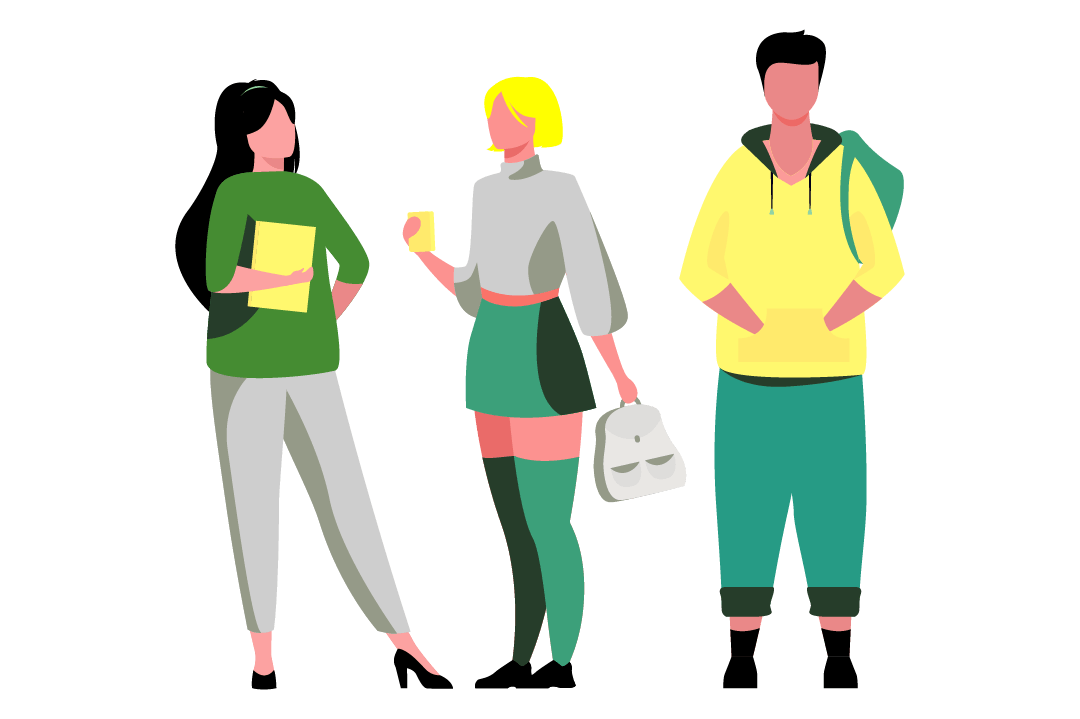A Common European Framework of Reference for Health and Sustainability.
Erasmus project concluded: "A Common European Framework for Health and Sustainability - Vision or Necessary Reality?"
Despite the Covid-19 pandemic, we can today look back on a successful international project.
Italy, Germany, Hungary, Finland and Poland: thanks to the commitment of teachers in all the schools of the consortium, the flexibility of the participants (teachers, students, parents, school administrators) and the possibility of extending the project, we can say we are satisfied with a shared stimulating and highly educational path that, despite having gone through moments of great difficulty, has never deviated from the planned project content, giving even more value to the results achieved.
Ecology and sustainability are increasingly important elements in the school curriculum.
Through the recently concluded European project, the international team pursued two main questions around these themes, investigating them through research, thematic activities and mobilities in the partner countries:
1. "Sustainable nutrition: seasonal and regional - the only way to a healthy future?". Can good food practices ensure the long-term health of our planet, society and economy? Could minimising environmental impacts, promoting support for local economies and reducing food waste meet current needs without compromising the ability of future generations to do the same?
2. "Holistic and sustainable health: sports and exercise - parts of the ecological footprint?". The practice of various sports can significantly affect and damage the surrounding nature: waste and noise pollution are produced, making additional infrastructure necessary. This has negative effects on people and nature. Are the younger generations concerned about practicing sports in a nature-friendly way?
The results answered the questions, also thanks to the exchange and discussion with the representatives of the European Commission in Brussels, the last stage of the project.
Since November 2020, most of the partner meetings have been held online due to pandemic constraints. Over the course of several days, students and teachers continued to work on presenting their ideas and making plans. In addition to the content-related goals, the aim was to familiarize students and create awareness of the different prerequisites and conditions for sustainable living in terms of nutrition and sports.
As it became clear that traveling would not be possible in the following months, the first exchange on the topic "Sustainable nutrition: seasonal and regional - the only way to a healthy future?" was intensively prepared and organized via online meetings. Students from all partner schools studied the salient features of the topic, investigating what standards exist to identify sustainable food in their respective countries. Likewise, they mapped places to buy sustainable food nearby (retailers, restaurants, farms...).
Through this preliminary work, the teachers and students developed the programs for the exchange week in October 2022. In all countries, companies, markets and experts were visited to learn more about the production and trade of sustainably produced food. Here too, it became clear that in addition to imparting knowledge and raising awareness around this issue, all participants were happy to re-establish social contacts in person and breathe freedom again.
All results and experiences were recorded in video documentaries for each country.
The second exchange was then planned for March 2023 around the other research question: "Holistic and sustainable health: sports and exercise - parts of the ecological footprint?". The teams from the respective countries again prepared maps on which the facilities and retailers of sports equipment in the respective regions were documented. During the exchange, sports facilities were visited, experts, professionals and athletes were interviewed on the topic of sustainability and, with the help of teachers from the respective schools, a program of sports activities was developed, which were practiced with groups of students. Once again, all results were documented with videos during this exchange.
Afterwards, the national teams prepared the final meeting in Brussels. In addition to the visit to the institutions of the European Commission, discussions with two parliamentarians (Niclas Herbst and Rasmus Andresen) were prepared. The students presented their results (in the form of videos) to the politicians and talked to them about the possibilities to develop a commitment to sustainable nutrition and sustainability in sport at European level.
The most important results during the project were the strong community sense and sensitivity developed around the topic of sustainability in sports and nutrition. It was evident that, politically and culturally, there are very different knowledge and habits on these topics in the respective countries. The students realized that the desire for a sustainable life could be hindered by the lack of financial resources and that as consumers they must maintain a strong critical spirit towards all companies that create their own "green" labels. The initiation of reflection processes within the work teams during the various on-site activities increased awareness of the need for sustainability in life in general. It also generated understanding that due to cultural, political and financial issues in different countries, sustainability is certainly desirable, but in some cases complex to achieve.







